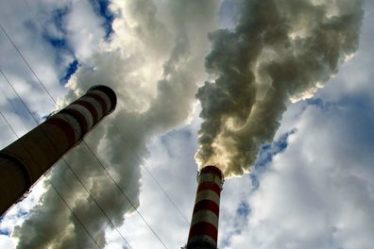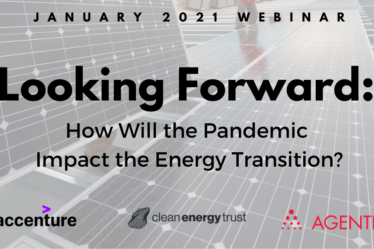

The past few years have been a mixed bag for climate. U.S. emissions declined to their lowest level in three decade this year, but these reductions came at an incredible cost as the economy shut down amid the coronavirus pandemic.
The challenge now is to make these emissions cuts sustainable for years to come, while getting millions of Americans back to work.
We dig into a new analysis on how to put the U.S. on a path to deep decarbonization and economic growth on this episode of Political Climate — the final episode in our « Relief, Rescue, Rebuild » series. Lindsey Walter, senior policy advisor for Third Way’s Climate and Energy program, breaks down the policies and technology pathways to reach net zero emissions by 2050 in an equitable and affordable way.
Plus, we speak to two wind energy technicians who are training the next generation of wind workers in the Midwest about how the industry has affected their region, the opportunities for growth and their message to policymakers.
Mike Gengler is the wind energy coordinator at Iowa Lakes Community College in Estherville, Iowa. Jay Johnson in an assistant professor for the wind energy technician program at the Lake Region State College in Devil’s Lake North Dakota.
Recommended resources:
- USA Today: Due to COVID-19, 2020 greenhouse gas emissions in the U.S. are predicted to drop to lowest level in three decades
- Third Way: Congress Makes a Downpayment on Our Clean Energy Future
- Princeton: Big but affordable effort needed for America to reach net-zero emissions by 2050
- Relief, Rescue, Rebuild
- Path to Zero
Listen and subscribe to Political Climate on Apple Podcasts, Spotify, Stitcher, Google Play or wherever you get podcasts! Follow us on Twitter at @Poli_Climate!


